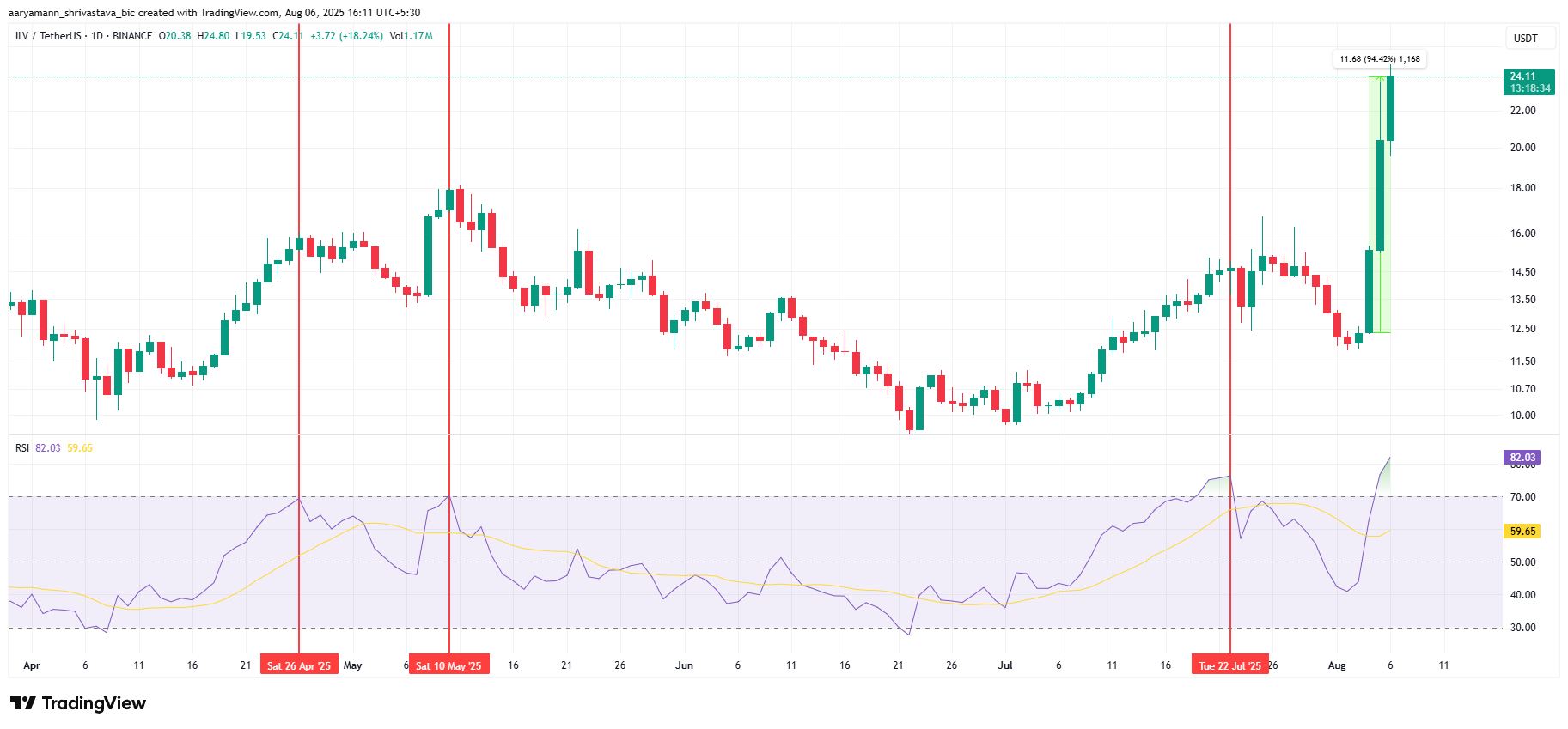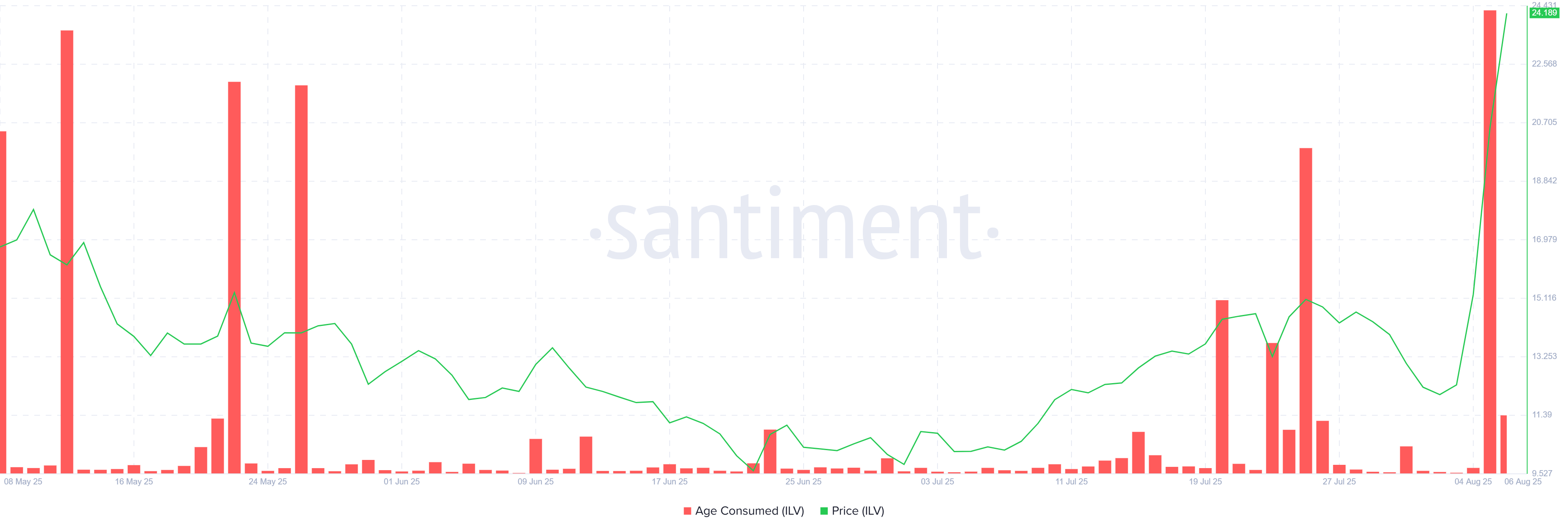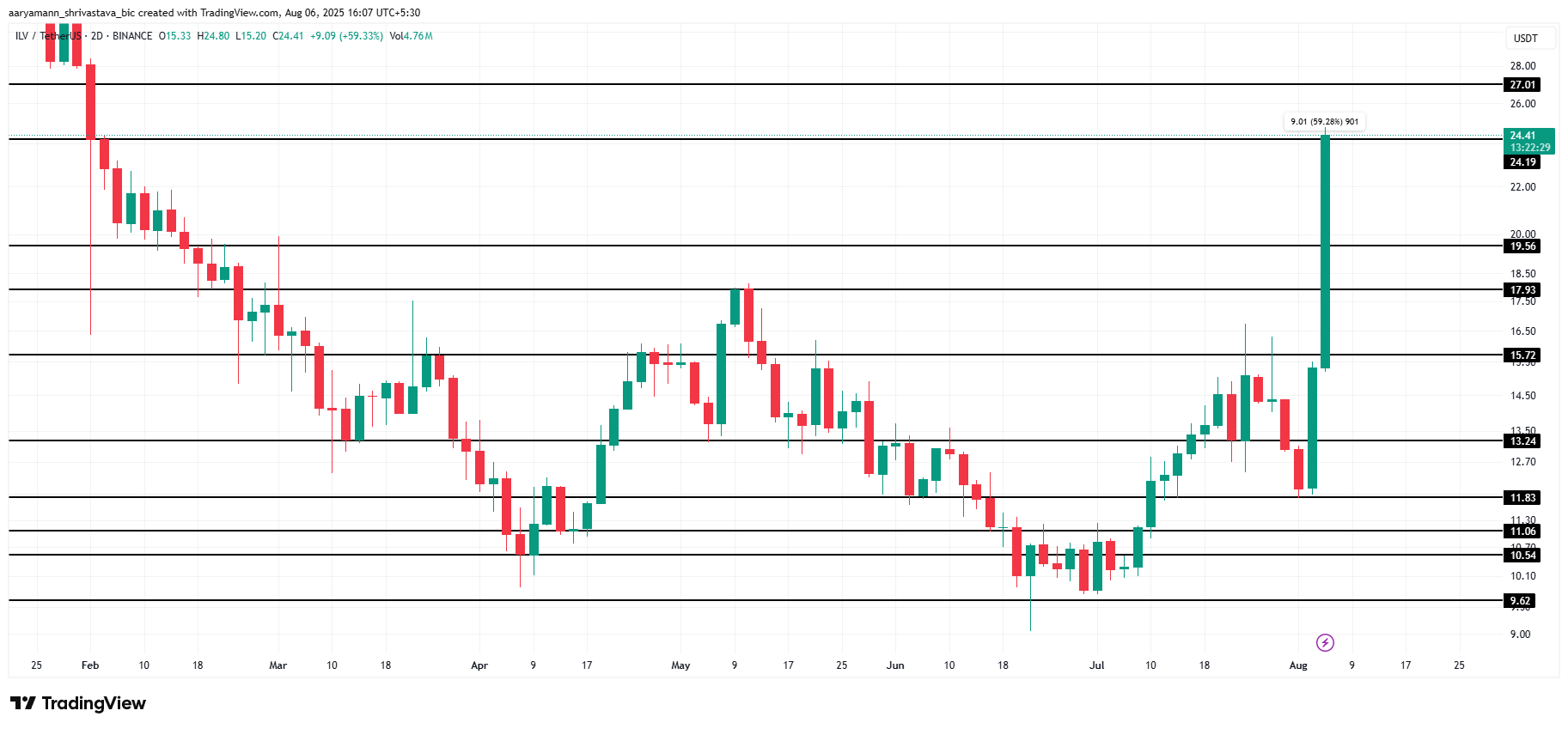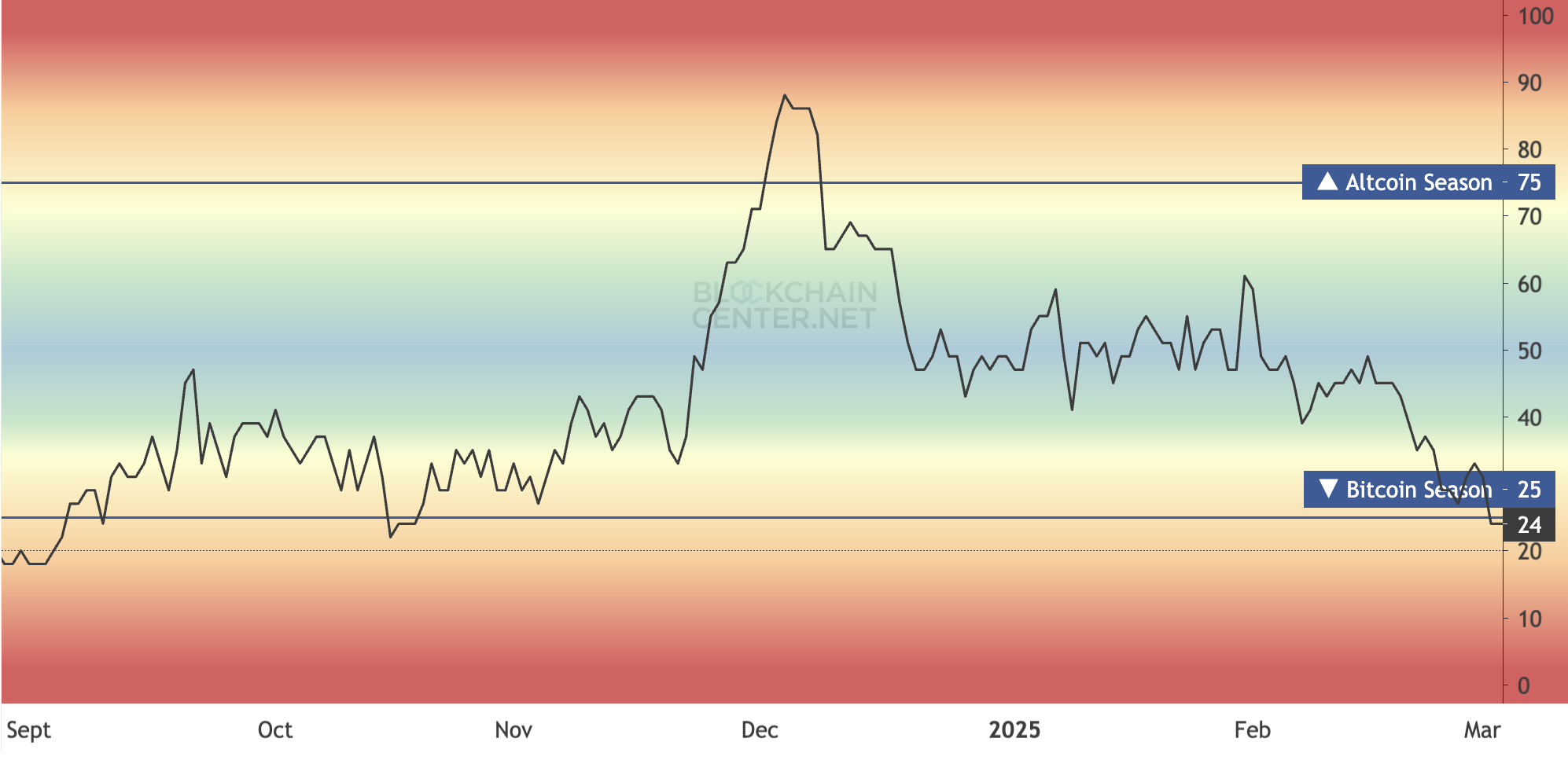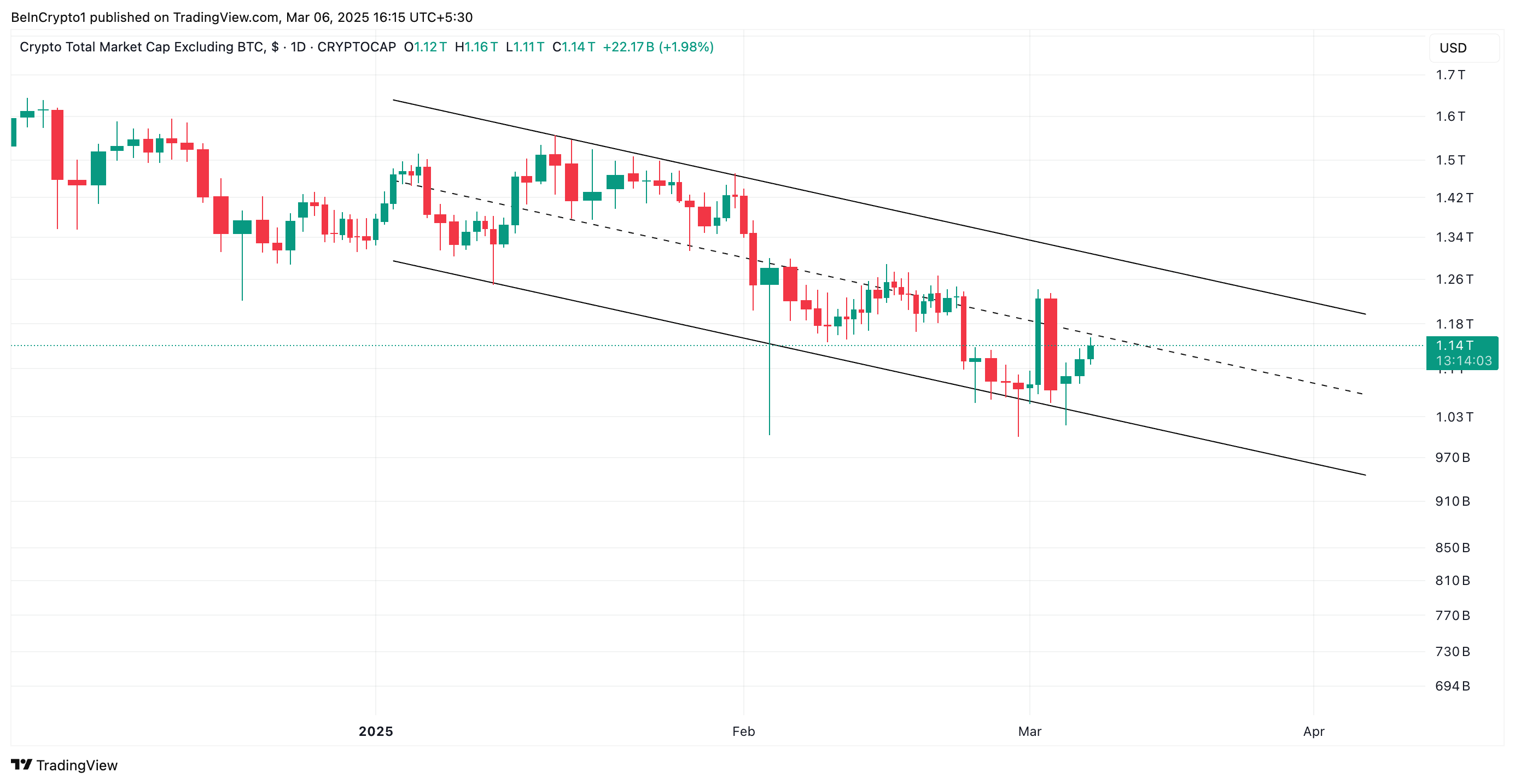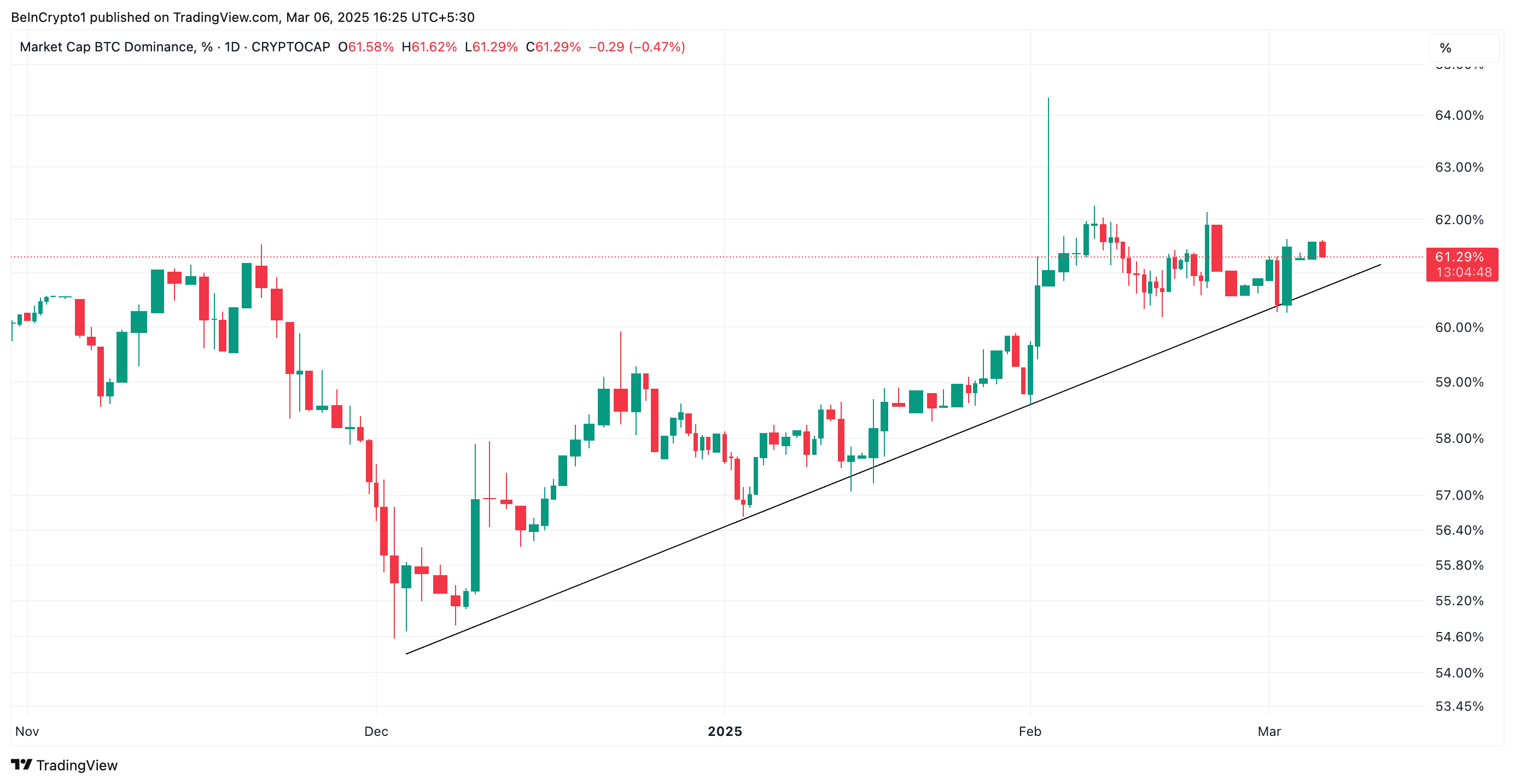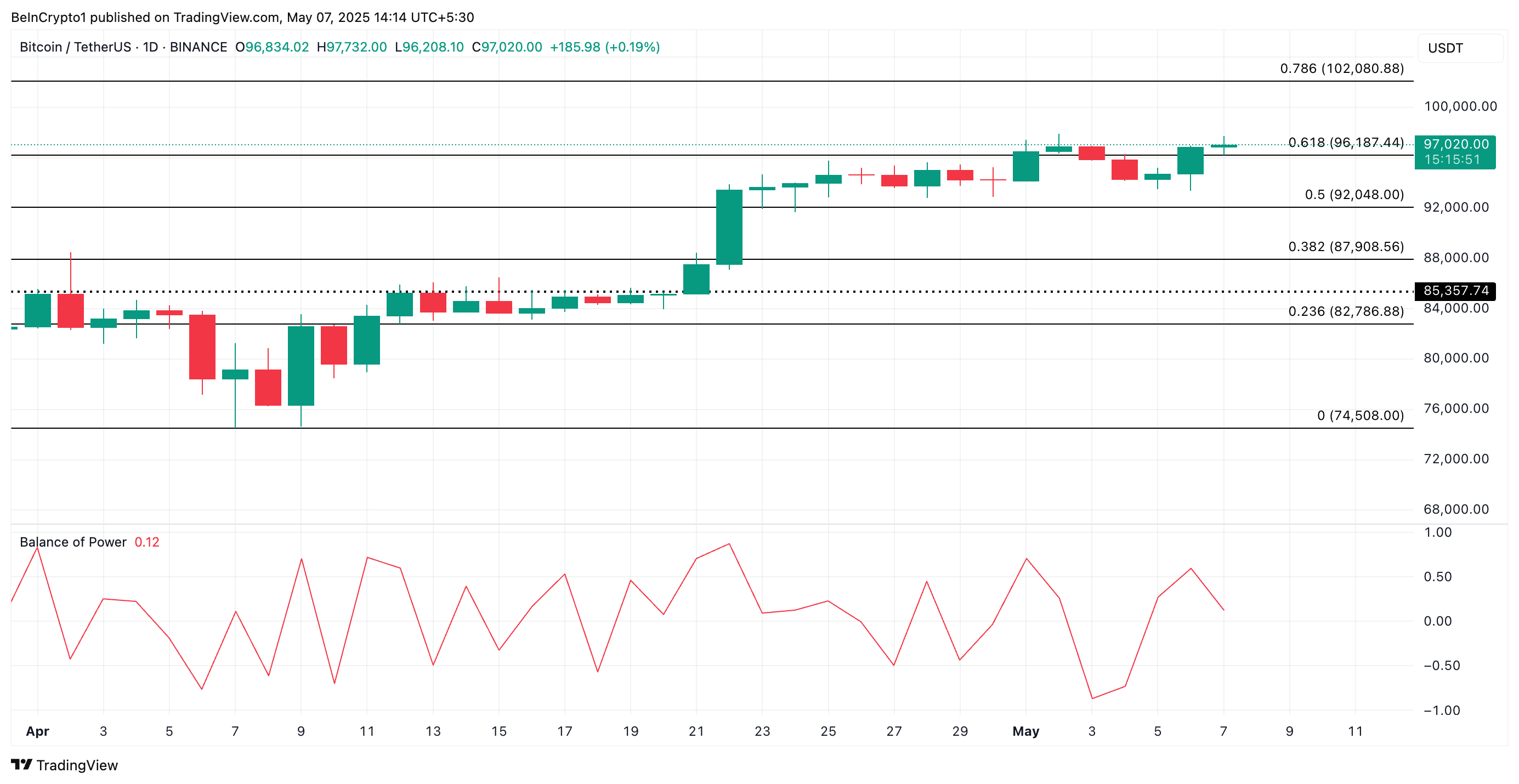In a decisive move to address the increasing role of cryptocurrencies in foreign exchange crimes, South Korea has announced plans to enhance its regulatory oversight on digital assets. The initiative, led by Minister of Economy and Finance Choi Sang-mok, was revealed at a recent G20 summit in Washington, D.C. The main focus? Cross-border crypto transactions and their potential role in financial crimes like money laundering and foreign exchange arbitrage.
Strengthening Oversight Of Cross-Border Crypto Transactions
Under the proposed regulations, businesses involved in cross-border transactions using stablecoins and other digital currencies will be required to register with the South Korean authorities. According to Edaily, this initiative will include a mandate for monthly transaction reports, submitted to the Bank of Korea. By requiring more detailed transaction data, the government aims to create a transparent environment that deters illicit activities.
Several regulatory agencies in South Korea will be responsible for monitoring the data, including the Korea Customs Service, tax and customs authorities, financial supervisors, and international finance bodies. This coordinated effort aims to trace illegal transactions and scrutinize the methods used in foreign exchange crimes. Data suggests that cryptocurrencies have played a substantial role in such activities; the Korea Customs Service reported that around 88% of foreign exchange crimes involve digital assets, with the monetary value approximating 1.65 trillion won ($1.2 billion USD).
Amending Foreign Exchange Laws for Digital Assets
To accommodate these new regulatory responsibilities, South Korea is set to amend the Foreign Exchange Transactions Act. The proposed amendments will create clear definitions for “virtual assets” and “virtual asset business operators,” distinguishing them from conventional financial instruments. This distinction is crucial, as it lays the groundwork for dedicated reporting and monitoring rules, ensuring a more robust framework to manage digital assets independently from traditional financial systems.
The Ministry of Economy and Finance anticipates that these legal changes will be finalized by mid-2025, with the reporting systems projected to launch in the latter half of the year. This timeline reflects South Korea’s cautious approach, aiming to introduce new regulations without abruptly disrupting the crypto market.
A History of Proactive Crypto Regulation
This move is the latest in South Korea’s continued effort to establish a safer, more transparent crypto market. In July, the nation introduced investor-focused regulations to protect against fraud, enhance transparency, and foster trust within the sector. These earlier rules established guidelines to address crypto issuance, distribution, and disclosures — crucial components to bolster credibility in an otherwise volatile market.
The country is also reevaluating its stance on crypto ETFs and institutional access to exchanges. Currently, crypto activities are largely restricted to individual traders, but potential regulatory adjustments could open the market to institutional investors. This shift may bring in more capital and spur innovation, expanding South Korea’s position as a key player in the global digital asset landscape.
South Korea’s regulatory framework for crypto is steadily evolving. The government’s cautious yet firm approach to digital asset regulation demonstrates its commitment to balancing growth with accountability. While the Ministry of Economy and Finance has yet to comment on specific aspects of the updated regulations, the strategic focus on foreign exchange crimes is a clear signal of South Korea’s intent to clamp down on crypto-related illicit activities.
Also Read: Bithumb’s Bold NASDAQ Move – Revenue Plummets 57%, Trading Volume Surges To $666M!
As these new regulations take shape, South Korea is positioning itself as a leader in crypto oversight, blending rigorous standards with a pragmatic approach that could serve as a model for other nations grappling with the dual demands of fostering digital innovation and ensuring financial security.



